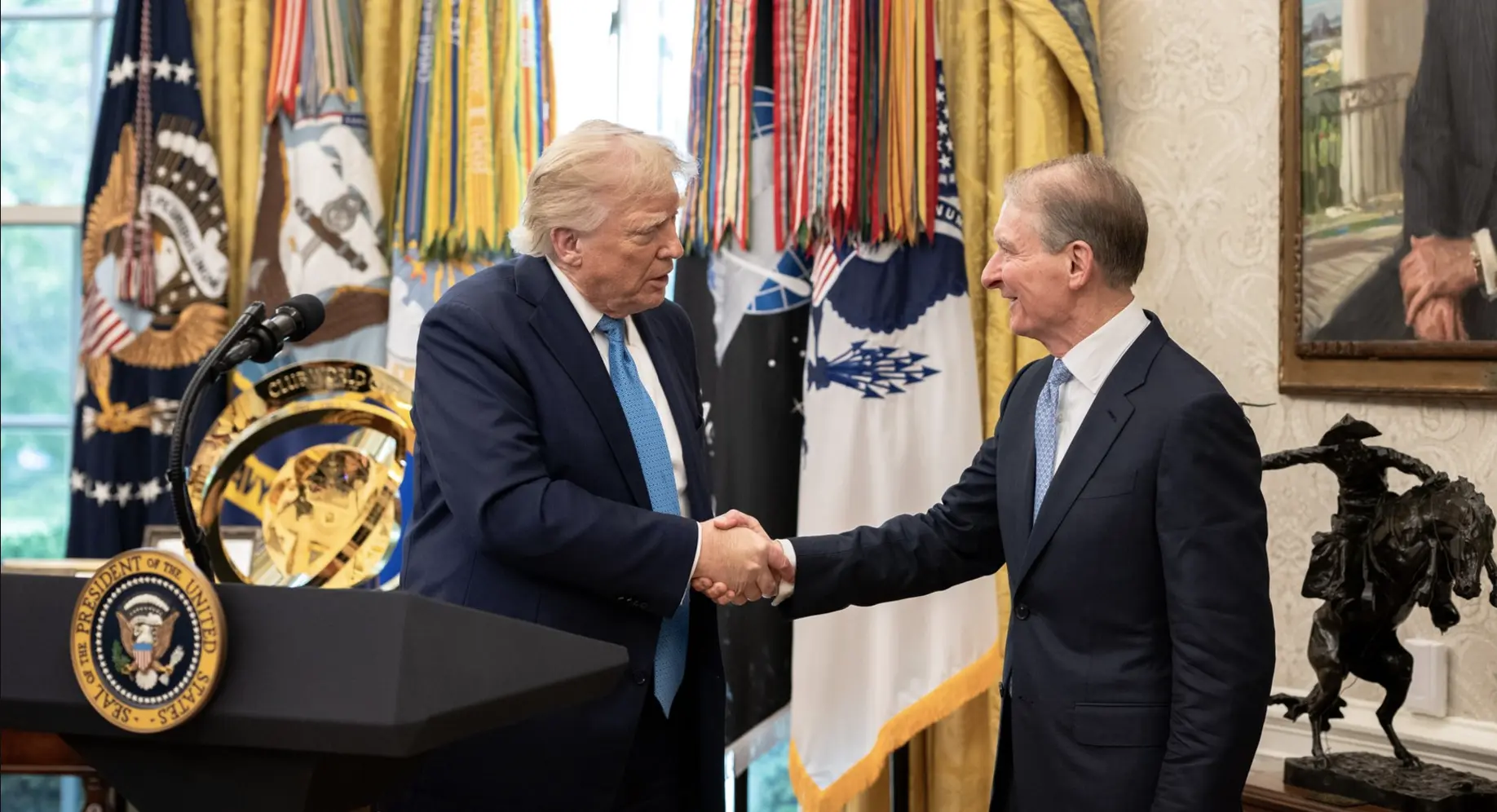New SEC Chair Signals Softer Approach Toward Crypto Regulation
New SEC Chair Signals Softer Approach Toward Crypto Regulation
By
David Goldfarb
Last updated:
September 16, 2025
First Published:
September 16, 2025

Photo: 99Bitcoins
The U.S. Securities and Exchange Commission has taken a surprising turn in its stance on digital asset regulation. Under the leadership of its newly appointed chair, the agency has promised that companies will now be notified of technical violations before facing immediate enforcement actions. This change could significantly reshape how crypto firms interact with regulators in the United States.
A change in tone
For years, the SEC was known for its aggressive approach toward crypto businesses. Enforcement actions often came without prior warning, leaving companies scrambling to defend themselves against sudden lawsuits. The new chair is looking to move away from that reputation and focus on building predictability within the industry.
Why this matters to crypto firms
Crypto companies have long complained that they operate in a regulatory gray area. Without clear guidance, many projects found themselves at risk of penalties despite making good faith efforts to comply. By pledging to issue warnings first, the SEC is offering businesses a chance to correct errors before being dragged into costly legal disputes.
Industry reaction to the shift
The announcement has been welcomed by industry leaders who see this as a step toward fairness. Many executives believe that open dialogue with regulators is more effective than courtroom battles. A collaborative approach could allow innovation to flourish while still maintaining protections for investors.
Impact on investor confidence
Investors are also likely to respond positively to this shift. The uncertainty caused by frequent enforcement actions has often triggered market volatility. Knowing that the SEC is adopting a more balanced approach may encourage investors to reenter the market with greater confidence.
Balancing enforcement with innovation
The new policy does not mean the SEC will ignore violations. Rather, it reflects a more nuanced strategy. Companies that deliberately mislead investors will still face penalties. However, those guilty of minor or unintentional breaches will be given the opportunity to comply without facing immediate punishment.
Building a healthier regulatory environment
This softer stance is likely to create a more cooperative environment between regulators and businesses. Instead of treating the SEC as an adversary, crypto companies may begin to view it as a partner that helps establish long term credibility for the industry.
Political and economic backdrop
The timing of this shift is not accidental. With growing political attention on digital assets and their role in the U.S. economy, regulators are under pressure to avoid stifling innovation. A heavy handed approach risks pushing businesses overseas, while a balanced framework encourages growth at home.
Long term implications
If the SEC maintains this approach, it could set a precedent for other financial regulators across the world. Countries still shaping their crypto policies may take inspiration from a model that combines oversight with flexibility. This could mark the beginning of a global trend toward smarter regulation.
The path ahead
The crypto community will now be watching closely to see if the SEC’s actions match its words. If businesses truly receive fair warning before enforcement, the agency may rebuild trust with an industry that has often felt targeted. For the moment, this announcement has given the sector reason to be cautiously optimistic.
Popular articles
Subscribe to unlock premium content
Disney’s Timeless Magic and How the Entertainment Giant Continues to Shape Culture and Innovation

Imran Khan’s Economic Missteps Amid Political Chaos in Pakistan

The Philippines’ Digital Shift How Remittances and BPO Are Fueling Growth

Disney’s Timeless Magic and How the Entertainment Giant Continues to Shape Culture and Innovation

Imran Khan’s Economic Missteps Amid Political Chaos in Pakistan

Disney’s Timeless Magic and How the Entertainment Giant Continues to Shape Culture and Innovation









